On the 1st of November 2023, I got to do one of my favourite things (which at this time of year did not involve toffee apples or fireworks) – speaking to a room full of paraplanners about paraplanning and where it’s going.
This was the Paraplanning Excellence event with Invesco and Schroders, run by Owen James. It was held at the swish Schroders office in London where I oversaw three roundtables on how to be more positive about the future of paraplanning. As well as talking about when the robots come for our jobs and the automation domination movement and what that means for the future of suitability reports.
The advent of technology (and specifically AI – Artificial Intelligence) is coming and it’s coming in hot. It’s already integrated in a lot of other markets, including media and marketing, and is making it’s way massively into financial services, with firms dedicated to it popping up all over and a lot of people considering how it might impact advice in the future.
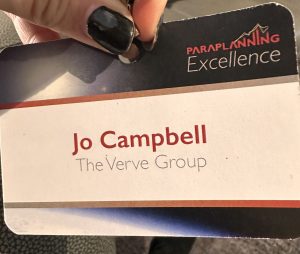 Now let me be clear, I may not be the most technologically advanced individual on the planet, often referred to by my friends as “analogue” because I don’t do social media, but I’ve really been delving deeply into what AI is, does and what it can mean for us as a whole industry.
Now let me be clear, I may not be the most technologically advanced individual on the planet, often referred to by my friends as “analogue” because I don’t do social media, but I’ve really been delving deeply into what AI is, does and what it can mean for us as a whole industry.
My personal (work) mission has always been to do what I can to make paraplanner’s lives easier. I don’t want them to work harder, I want them to do more of the stuff they’re good at and less of the stuff they may not enjoy as much. The same for advisers; if your skill set is customer relations and speaking to clients, then do that more. Leave the techy stuff to those of us who love that, and this will absolutely drive the best outcomes for the end client.
Going forward I think AI can be a huge factor in helping us improve customer outcomes (all important in the post-consumer duty world) and helping everyone with some balance. If it means paraplanners get to do more technical and personalised work for a client, because they’re spending less time on the more tedious and time-consuming tasks, that don’t require their expertise, then that can only be great for everyone.
Having said that, I think there are ways in which AI will absolutely help paraplanners and enhance the end suitability report, but there are ways in which it will never be a replacement for the humanist focus, truly personalised advice needs. And it shouldn’t be. We all remember how well Roboadvice went, right?
Where it can help:
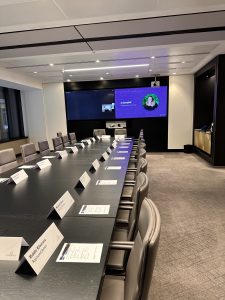
Data gathering, analysis, hard facts and creating suitability report templates/starting points with this information.
Where it can’t and shouldn’t help:
Personalised objectives and linking those to specific advantages and disadvantages based on a client’s actual situation and requirements. Assessing vulnerability with all its nuances and generally providing that human sense check to whether the advice is appropriate or not.
I’m also not convinced that we’ll see the technology in our lifetimes that will help a paraplanner derive information from a meeting note that is largely still held in the adviser’s head. But I’ll reserve judgement on that.
So, I do think it has its place and we shouldn’t be afraid of it. Saving hours chasing providers or checking documentation can and will (I think) be replaced by technology. Anything that involves the customer relationship should not.
I appreciate that paraplanners and everyone in advice are facing a bit of an identity crisis now with the regulator advising us that we should standardise our processes but personalise everything at the same time, which can be quite discombobulating.
There have been huge leaps in firms and how they’re using tech to create suitability reports, which is positive, but I remain cautious that these should be only a starting point and never a finished product.
My advice, and the general consensus from my peers at this event is that we should be focusing on automating the standard so we can spend more time on the personal.
Jo Campbell
Chief Operations Officer, The Verve Group





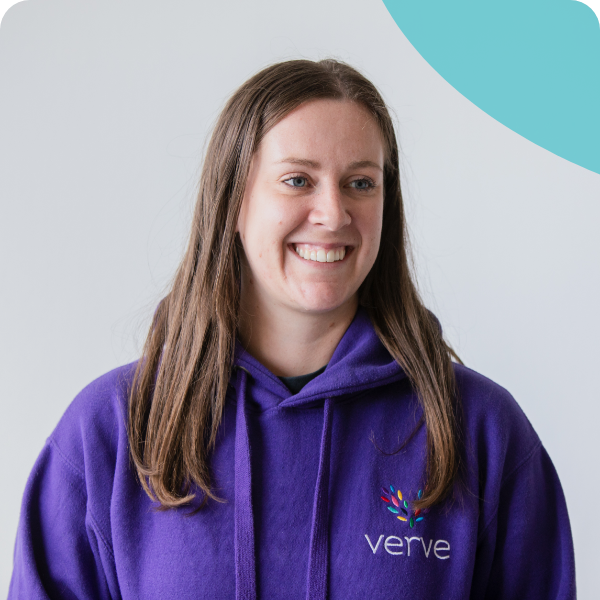


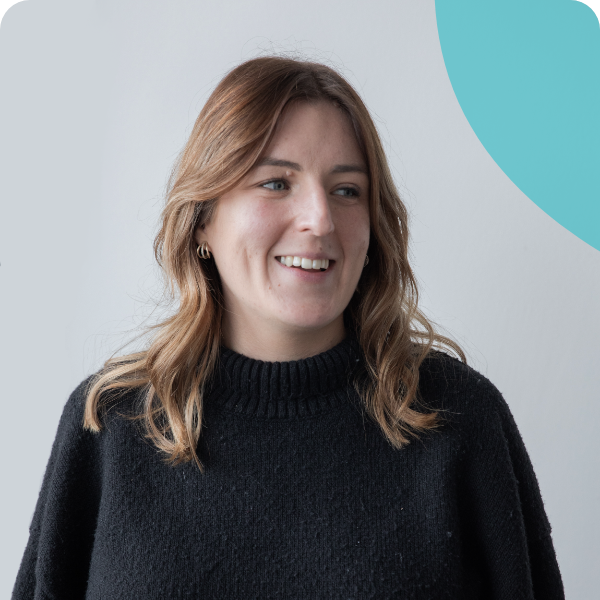
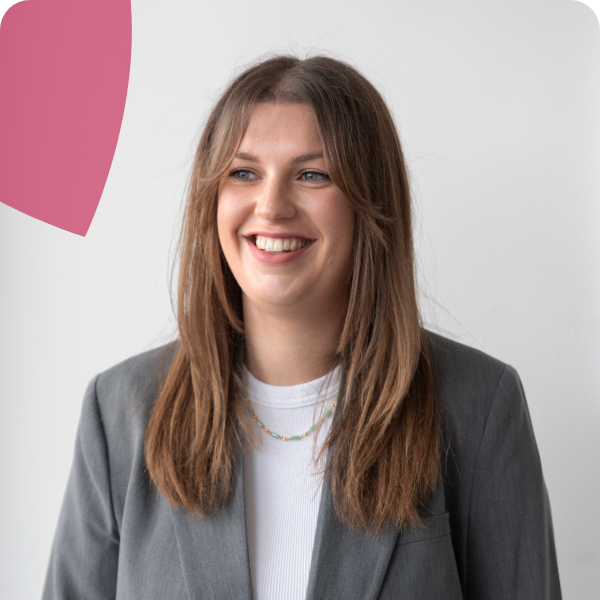

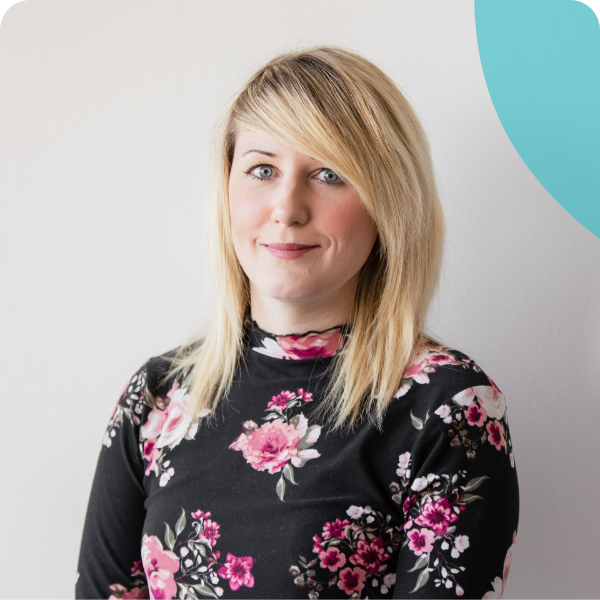


Eclipse Archives Industry Insight Popular
What’s your mastermind subject?
I’m here to talk branding. Anyone who knows me knows it’s my Mastermind subject. And, if you don’t know me, I’m Natalie Bell, [...]
Eclipse Archives Industry Insight Latest News Popular
URGENT: LTA Abolition
HMRC kindly issued a newsletter on 4th April advising clients to delay taking their pension benefits or transferring until it can fix incorrect [...]
Group News
Say hello to our trainers!
As part of our ongoing commitment to excellence, we’ve recently welcomed an awesome duo to our training dream team. We introduced a new [...]
Latest News Popular Press
Spring Budget 24
The spring budget comes and goes with no major changes to the world of financial planning. There are however some announcements and changes [...]
Eclipse Archives Group News Latest
Common ‘Training’?
I can’t get Pulp’s ‘Do You Remember the First Time’ out of my head. I’m pretty sure that Jarvis had other things on [...]
Eclipse Archives Industry Insight Latest
Stellar Compliance
You may have spotted that this week we hosted our monthly TALK event, and this month we were joined by Gillian Hepburn, Benchmark, [...]
Group News Latest
And who do we have here?
We have yet more exciting internal news to share, following a shake-up in a section of our client relations department – with two [...]
Group News Latest News Press
In the press
It’s been a busy January so far! We’ve had a few of our team speak with some press about some hot topics in [...]